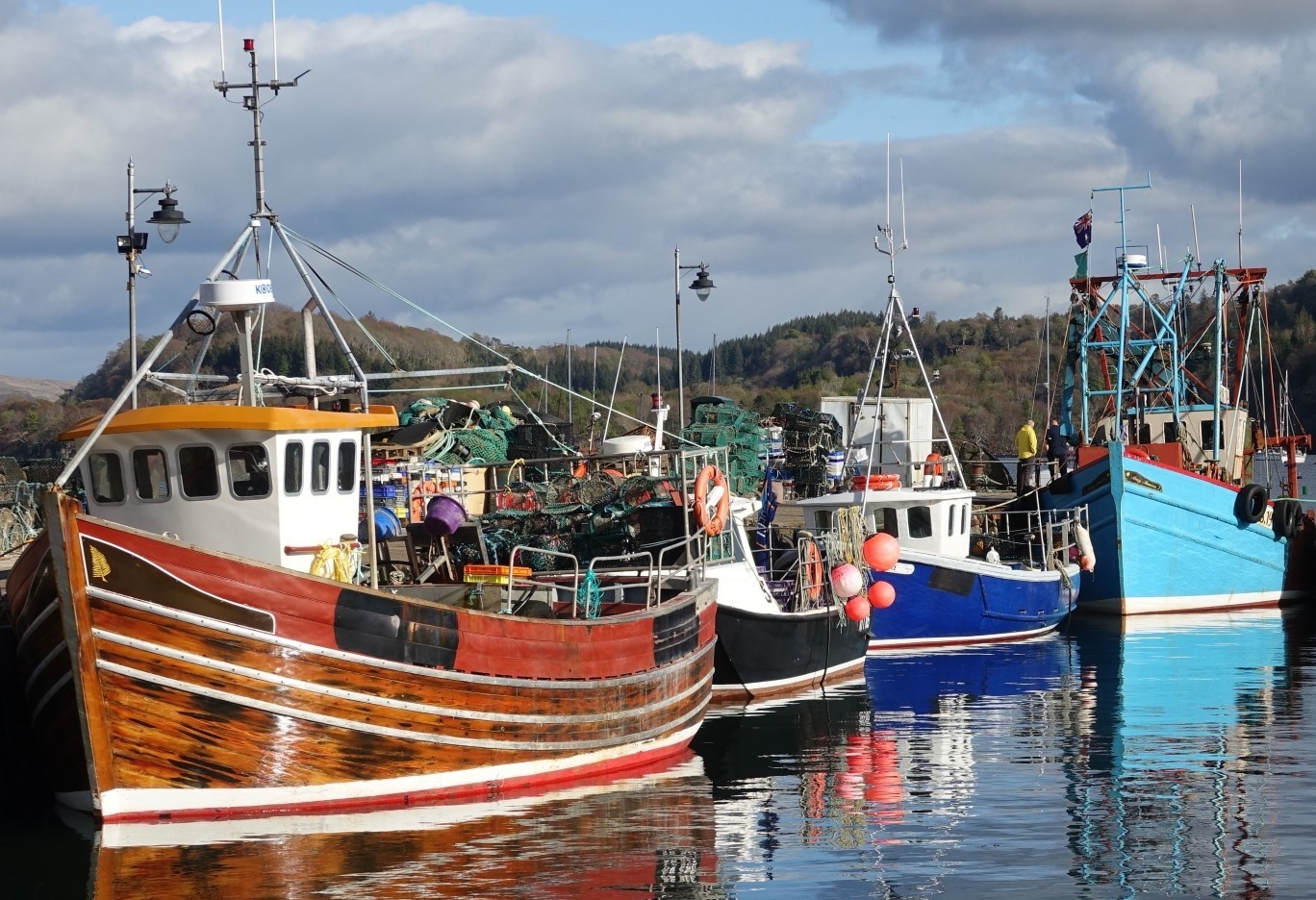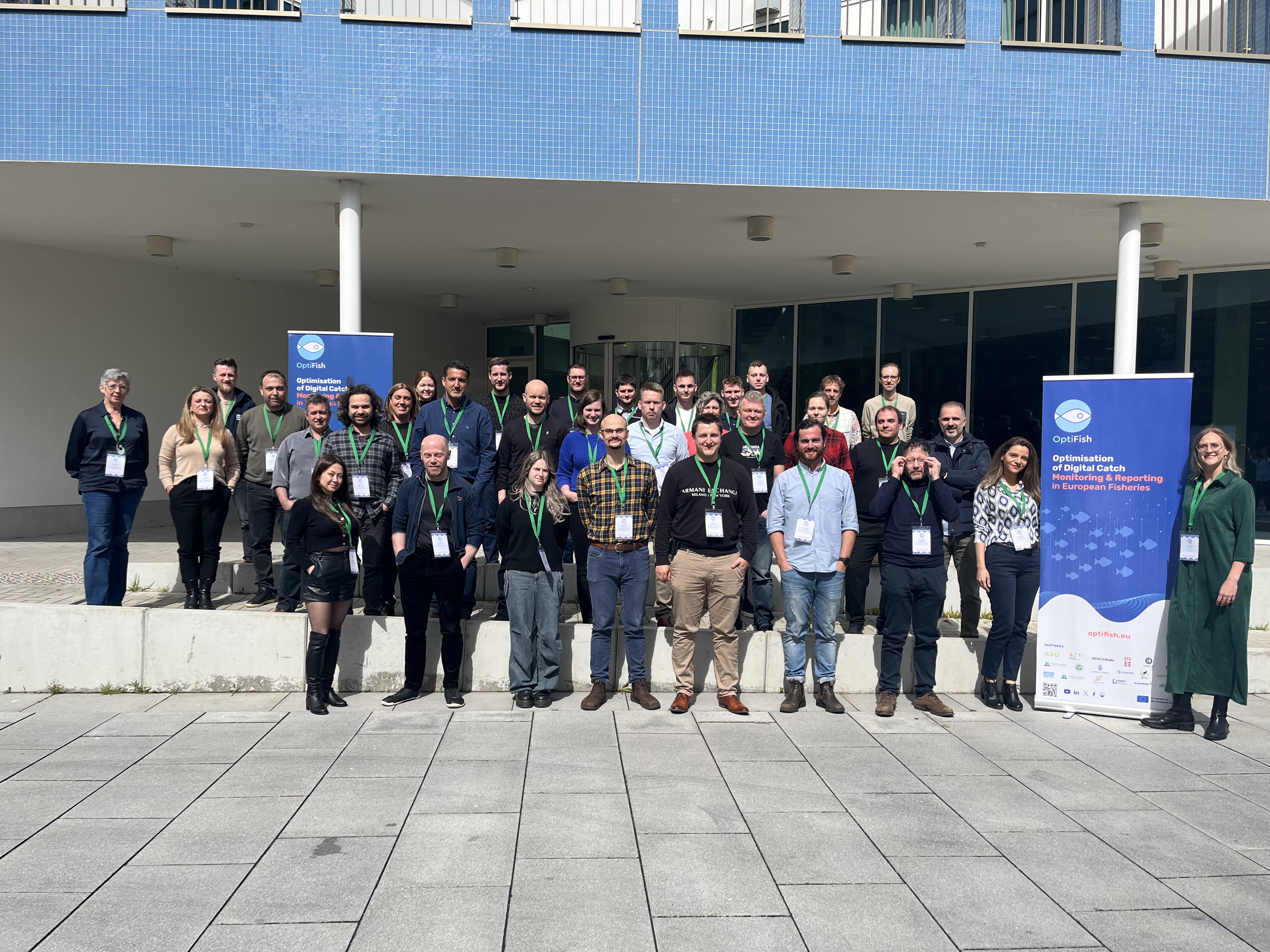

OptiFish aims to develop, test, and validate technologies that will improve onboard monitoring of catch volumes and fish health, enabling fishers to improve the sustainability of their operations, and better meet control requirements. More specifically, the technologies investigated during the project will enable automated species recognition based on AI and computer vision to reduce discards, unreported landings, and unreported fishing activities, establishing a fisheries control and enforcement system fit for the digital age.
You can read more about the full scope of the project at optifish.eu, including about the technologies being used within the project.
We will update this page with Anchor Lab's contributions to the project as they occur.
At the OptiFish & Everyfish hackathon in Wageningen, Poul represented Anchor Lab and participated in a team implementing an innovative two-stage pipeline for automated fish tracking on conveyor belts, combining state-of-the-art YOLOv7 detection model with state-of-the-art Segment Anything 2 multi-object tracking (SAM2MOT) technology.
YOLOv7 provides initial detections that are fast and accurate. SAM2MOT introduces "tracking by segmentation", generating tracking boxes directly from precise fish outlines rather than traditional bounding boxes. This approach significantly improves tracking reliability when fish overlap or encounter occlusions.
SAM2MOT is an extension of SAM2, which extends robust single object tracking to multi-object tracking by presenting two novel modules: Trajectory Manager System (TMS) and Cross-object Interaction (CoI). TMS automatically handles when new fish enter the conveyor belt and when tracked fish exit, ensuring the system dynamically adapts to changing numbers of objects. The CoI module prevents tracking errors when fish overlap by analyzing the relationships between different tracked objects and determining which fish is which, when they separate.
This development demonstrates practical application of cutting-edge AI research to fishery automation, supporting the sustainable goals of the Optifish and Everyfish projects.
We are excited to attend the kick-off meeting at ILVO’s Innovocean Campus, for the latest European Horizon project that we are participating in, OptiFish.
OptiFish aims to develop, test, and validate technologies that will improve onboard monitoring of catch volumes and fish health, enabling fishers to improve the sustainability of their operations, and better meet control requirements.
Anchor Lab is one of the 19 participating project partners. You can read more about the overall objectives and progress of the project on the office project website.
